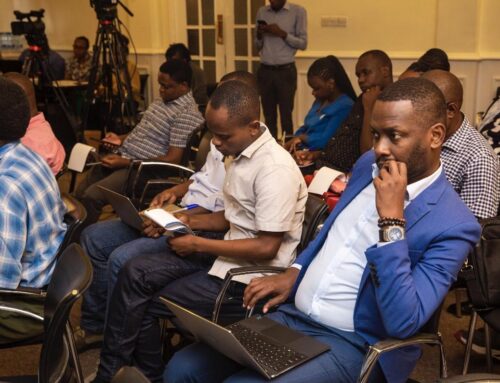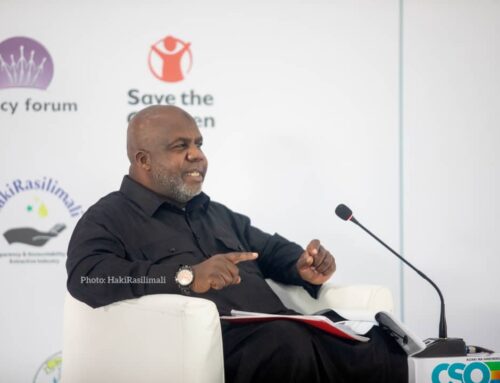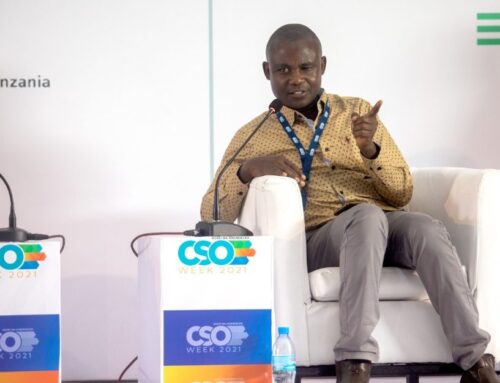We, the Inter-faith Standing Committee on Economic Justice and Integrity of Creation and members of Policy Forum, having gathered at the alternative Mining Conference in Arusha from the 19th and 20th October 2011 have deliberated for two days on the negative impacts of mining on communities and the environment, we issue a call to the Tanzania government and parliament to live up to their mandated roles by acting on behalf of communities who have not received tangible benefits from mining activities that have claimed chunks of their ancestral lands. The delegates further resolved that:
- It is imperative that Environmental and Social Impact Assessments (ESIAs), prepared by reputable independent experts, who are independent of both government and private sector, must be held at regular intervals during the life of mining operations as well as post closure by competently resourced agencies that can be trusted to act, without fear or favour, in line with the spirit and values of natural justice;
- Environmental degradation will inevitably impact upon future generations, and may, indeed, place them in dire jeopardy. As such, all eventualities must be mitigated and avoided at all cost;
- We hereby propose that a suitable, independently managed mechanism must be created to provide resources for poor communities seeking to engage mining corporations on a level playing field;
- Further to the above, we exhort our Government to comply with principles of economic and social justice in determining the application, usage and distribution of funds generated from such inflows;
- We urge our government to undertake necessary reforms, such as the formation of the Extractive Industries Transparency Initiative (EITI) legislation and other mechanisms to enhance accountable governance in the extractive industries. These processes must fully include civil society organisations by giving them due notice and providing adequate documentation for effective participation;
- The legislative framework for the extractive industry currently existing is weak in the essence of supervisory capabilities for example the Mining Act of 2010 which above all, has vested a lot of discretionary powers to the minister. The oversight role of Parliament must be strengthened through legislative review and enhanced interaction between the relevant parliamentary Committees and concerned stakeholders. This also involves strengthening the tracking of contributions from the extractive industries to the national budgets and audits thereof. This can be achieved through requisite training and capacity building exercises with development partners and Civil Society Organisations;
- Local communities living adjacent to extraction areas, including those who have been moved from their traditional lands, are often neglected and there is a need to ensure that they become ultimate beneficiaries through participation and overall empowerment. Government must therefore prevent the violation of fundamental human rights that arise when communities are evicted to make way for mining operations. Such evictions transgress against profound cultural and traditional heritages of communities. We call on Government to take effective protective measures to safeguard environmental, economic, social and cultural rights of communities affected by mining.
- Informed and empowered community ownership of, and participation in extractive industries must be mandatory within legislative frameworks and not optional for corporations and government;
- Environmental degradation resulting from mining activities adversely affects local communities and the country at large, but the burden of consequent rehabilitation is normally left to government instead of the operators. Mining companies should be held liable for remediation for the entire operation; We pledge support in the fight for the effective implementation of the ‘Polluter Pays Principle,’ which further should include the proposition that current and past mine owners be fully liable for pollution and environmental degradation;
- Government must define what is adequate compensation for persons and communities affected by the toxicity of mining operations and environmental damage ensuing therefrom.






